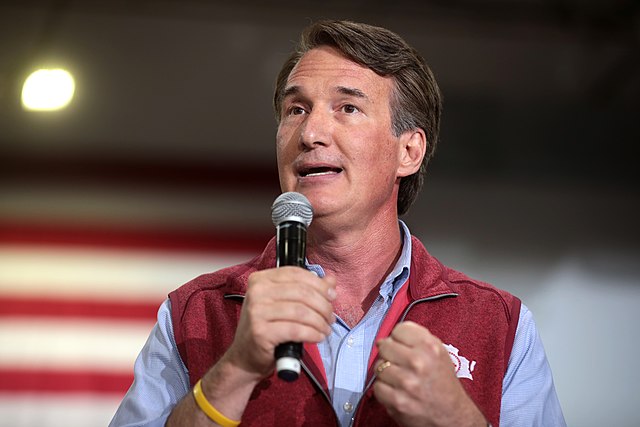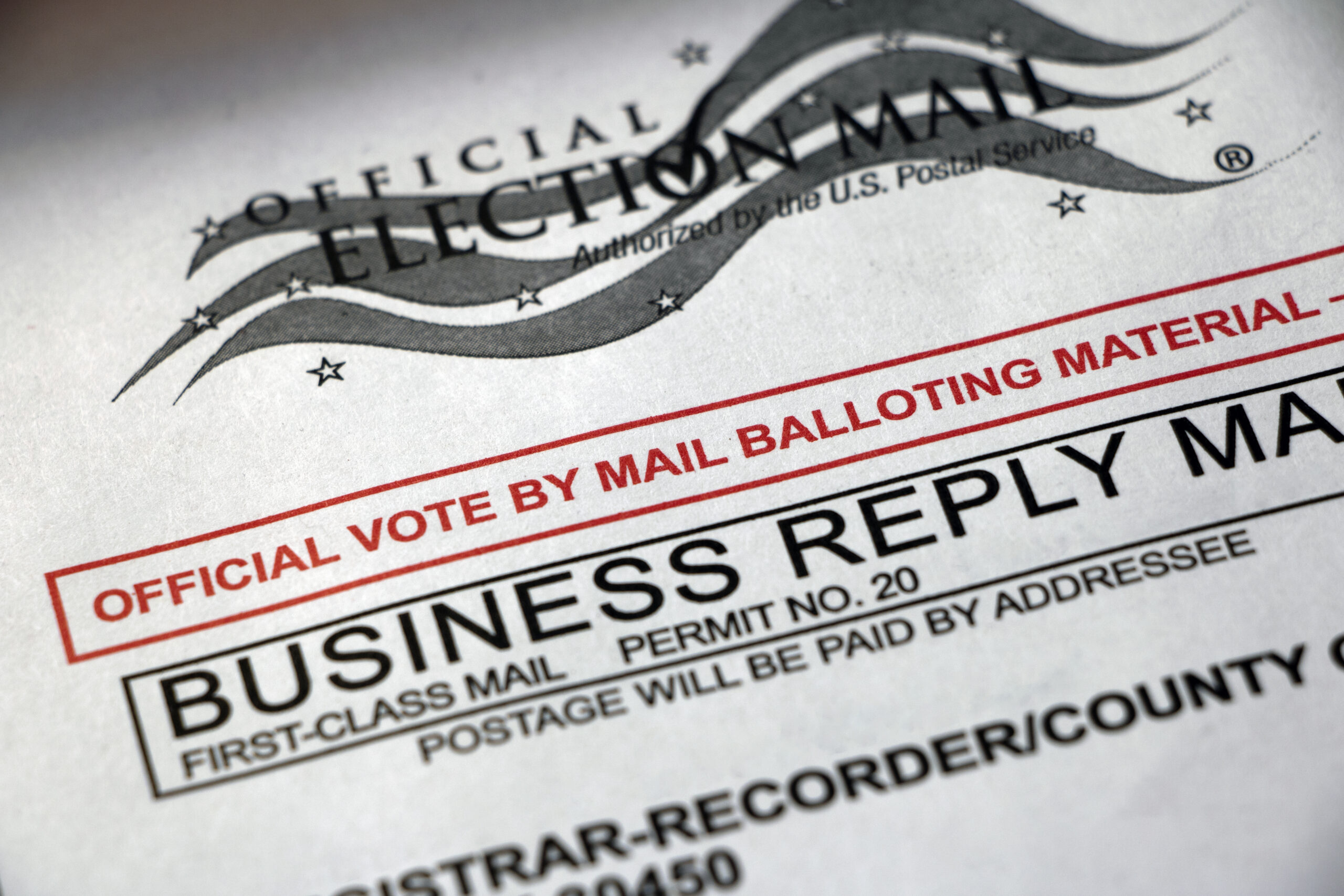In an unforeseen vote on Monday, a Senate subcommittee panel advanced legislation heavily backed by progressives to increase the minimum wage in Virginia to $15 by 2021. Two senior GOP senators joined four Democrats on the Commerce and Labor subcommittee to push the legislation forward in the first full week of the 2019 General Assembly session in Richmond.
The two top Republicans that supported the legislation’s advancement were Senate Majority Leader Tommy Norment (R-James City County) and Senator Frank Wagner (R-Virginia Beach), who joined the bill’s patron and three other Democrats in the 6-4 vote in favor of the minimum wage increase.
Senate Bill 1200, introduced by Senator Rosalyn Dance (D-Petersburg), would increase the minimum wage from the current federally-mandated amount of $7.25 per hour to $10 per hour effective July 1, 2019. Afterwards, Virginia’s minimum wage would increase to $13 per hour on the same day in 2020, then to $15 per hour in 2021.
The minimum wage would stay at $15 unless a higher wage is required under the federal Fair Labor Standards Act (FLSA). The last time the federal government raised the minimum wage was in 2009, bringing it to its current level of $7.25 per hour.
According to the bill’s impact statement, the increase would affect approximately 286 salaried employees within the state government, leading to an expenditure of $576,930. In 2020, it would affect approximately 3,186 employees, with an expenditure of $9.4 million. The following year, around 6,942 salaried employees would see raises in paychecks and have an impact on the state government of $19.6 million. All estimates are based on current employees and salaries, and do not factor in targeted salary increases, or potential expansions of government agencies.
While the vote to pass the bill through seems like a bit of a surprise coming from two top Republicans, considering all members of the State Senate will be on the ballot in November, the move by both Norment and Wagner could be an election-savvy effort. Leading the bill to the floor of the chamber would set up all 19 Democrats to vote on a bill that is widely unpopular in the small business community.




